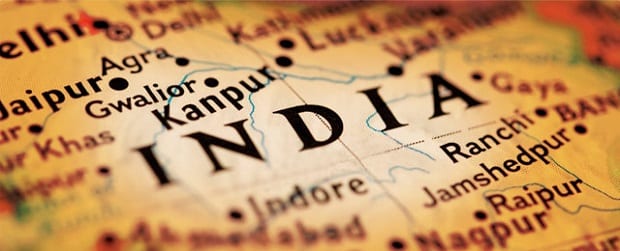On Mark Twain’s visions of India – before Independence, now, and into the future

American writer Mark Twain wrote about India in 1896: “This is indeed India! The land of dreams and romance, of fabulous wealth and fabulous poverty, of splendour and rags, of palaces and hovels, of famine and pestilence, of genii and giants and Aladdin lamps, of tigers and elephants, the cobra and the jungle; the country of a thousand nations and a hundred tongues, of a thousand religions and two million gods, cradle of the human race, birthplace of human speech, mother of history, grandmother of legend, great-grandmother of tradition, whose yesterdays bear date with the mouldering antiquities of the rest of the nations – the one sole country under the sun that is endowed with an imperishable interest for alien prince and alien peasant, for lettered and ignorant, wise and fool, rich and poor, bond and free, the one land that all men desire to see, and having seen once, by even a glimpse, would not give that glimpse for the shows of all the rest of the globe combined”.
If Twain was to write the same description of India now, on the eve of its 68th Independence Day celebrations, one wonders whether he would still be so poetic. The vast array of information he would have at his hands to record his review, would paint a markedly different picture: India is indeed a confusing country. While it is world’s largest democracy, its leadership is restricted to narrow confines. Though it spans across a huge land mass with over 200 languages and some 700 dialects, it has managed to stay together as a country even after 68 years of Independence. While a vast number of its citizens live in abject poverty, a small number have amassed incredible wealth and riches, and seem oblivious to their fellow countrymen. Young people are ruled by older, corrupt politicians. There is deep belief in all things religious, yet society is adept at taking short cuts where the end is more justified than the means. Indians worship millions of different gods, yet they are more accepting of other religions and beliefs than any other society. The Ganges is heavily polluted, yet they seem to believe that it will provide an abundance of food and water to care for all. India is chaotic, yet inexplicably, the system seems to work. It is a country which confuses and confounds yet is admired for its character.

Moving forward, if Twain had to revisit his opinion of India in the year 2047, one hundred years after Independence, would this be the country he would be looking at: India has come a long way in just a century. Society has maintained its spirit of tolerance, and improved to ensure there is greater equality between its men and women, who have moved from their traditional roles to being true partners. Education is a strong factor in weaving the fabric of society together, and the vast millions enjoy a higher level of living standards. The world watches in wonder at the fusion of India’s traditional strength in agriculture, with its status as a leader in newfound frontiers of technology. The government is led by young politicians representing the bulk of its populace. There is peace and goodwill with other nations in its neighbourhood, and the world regards India with respect.




